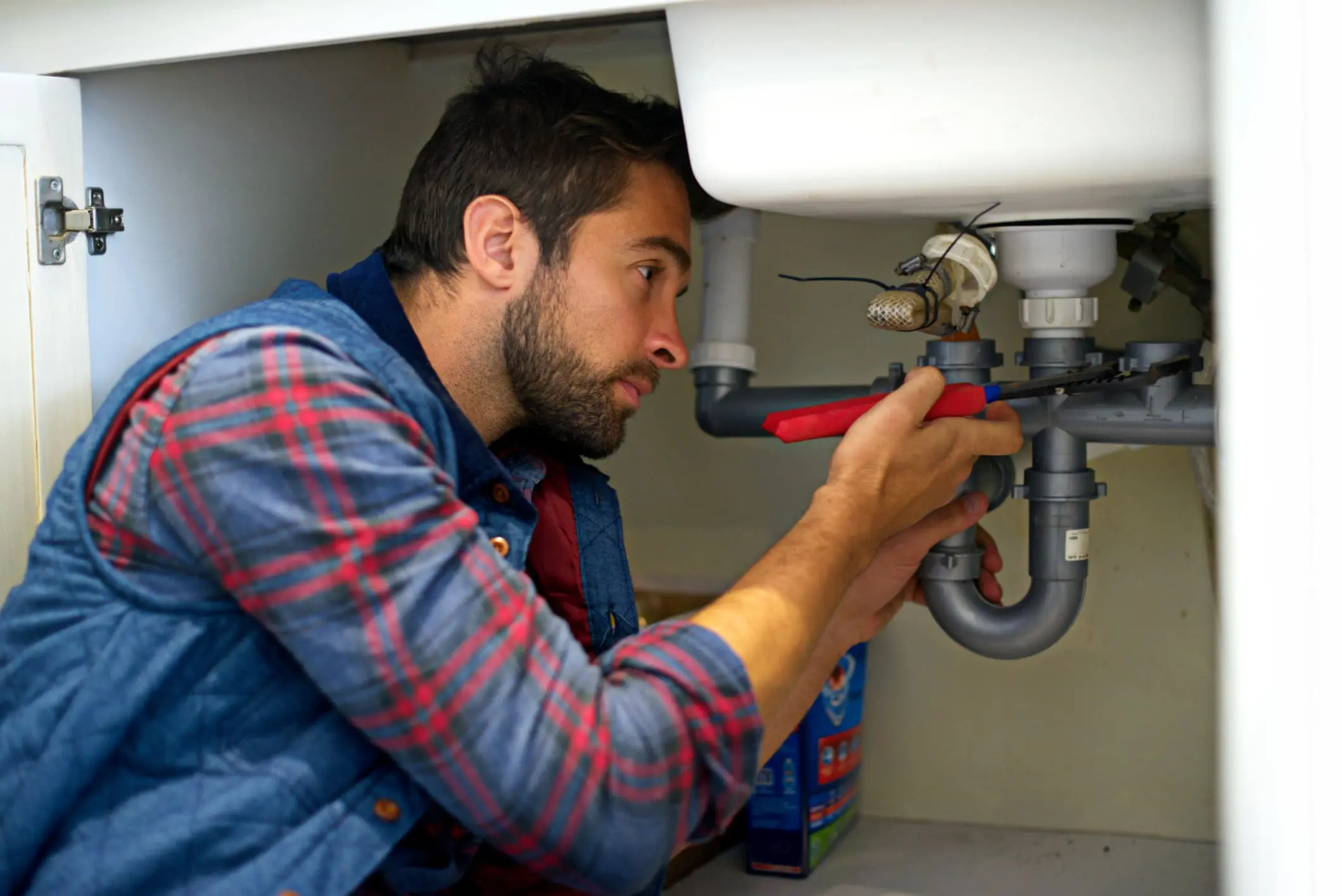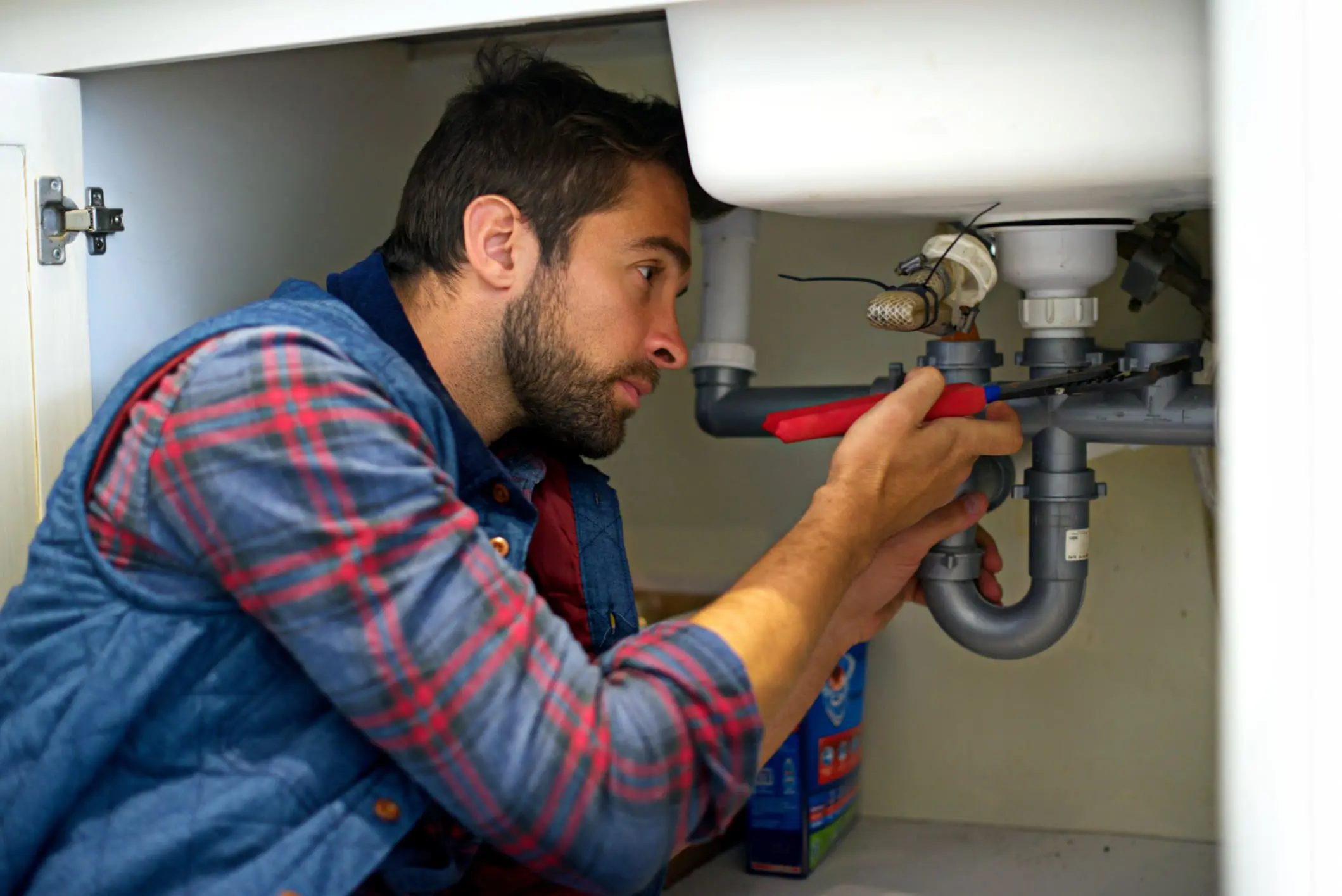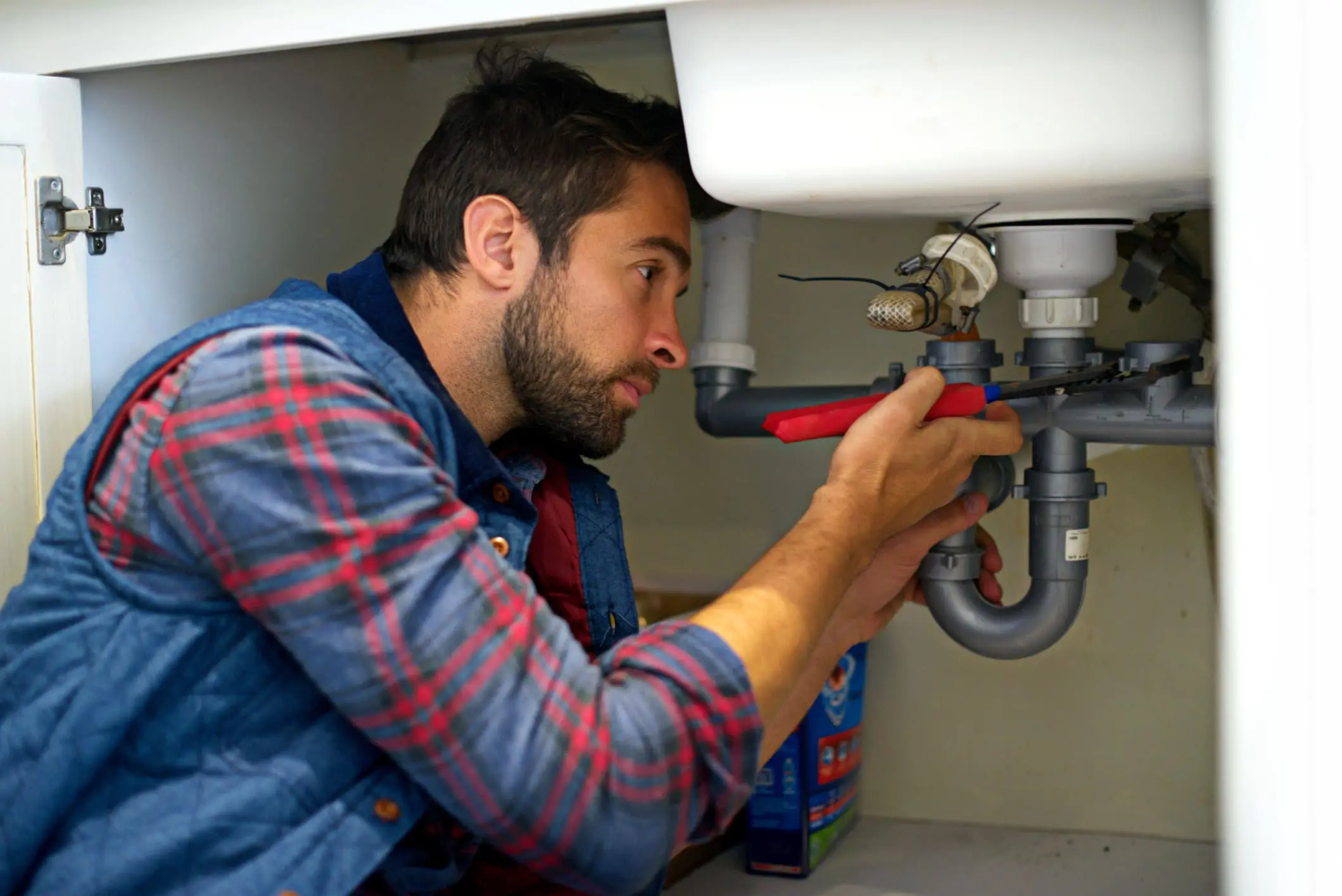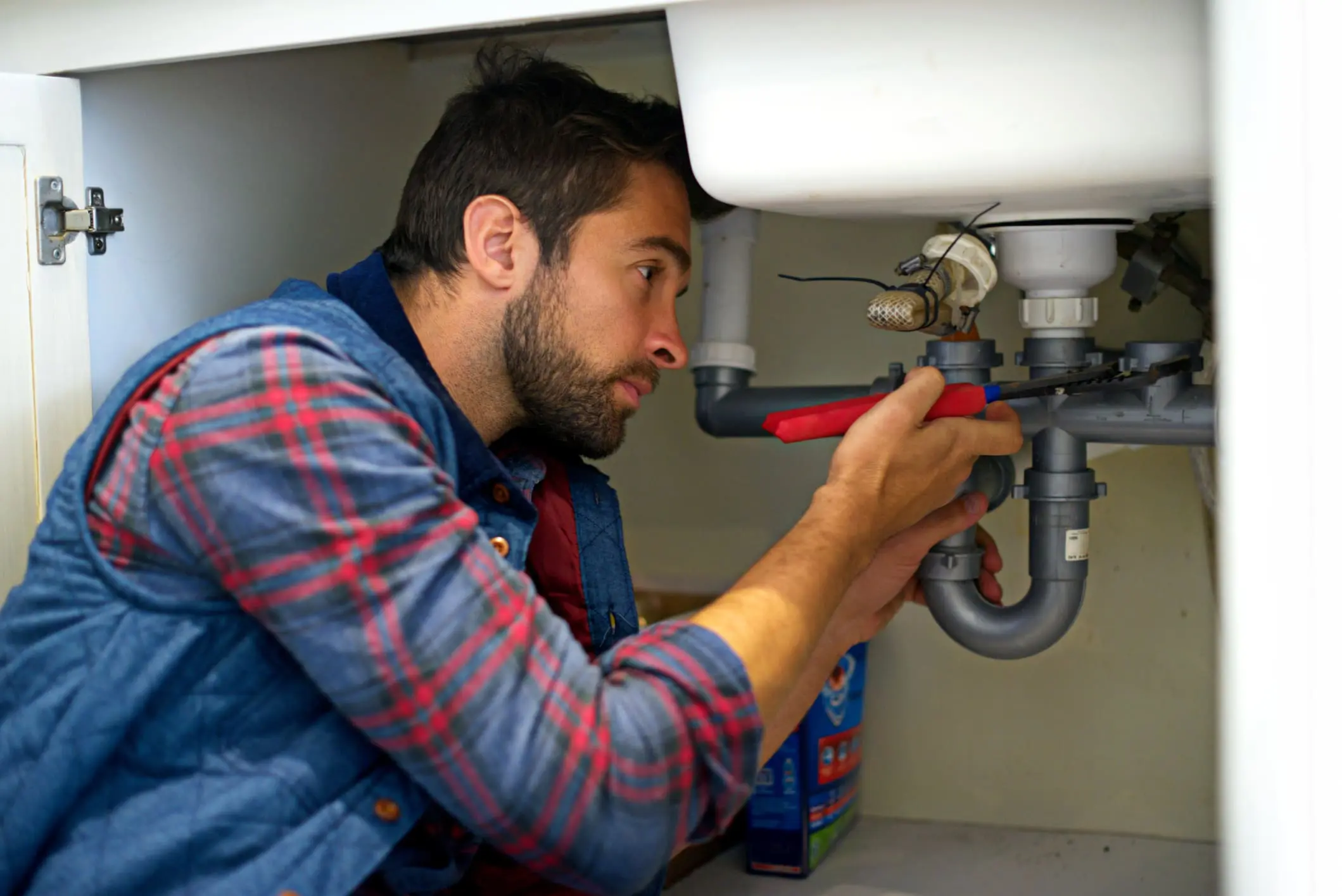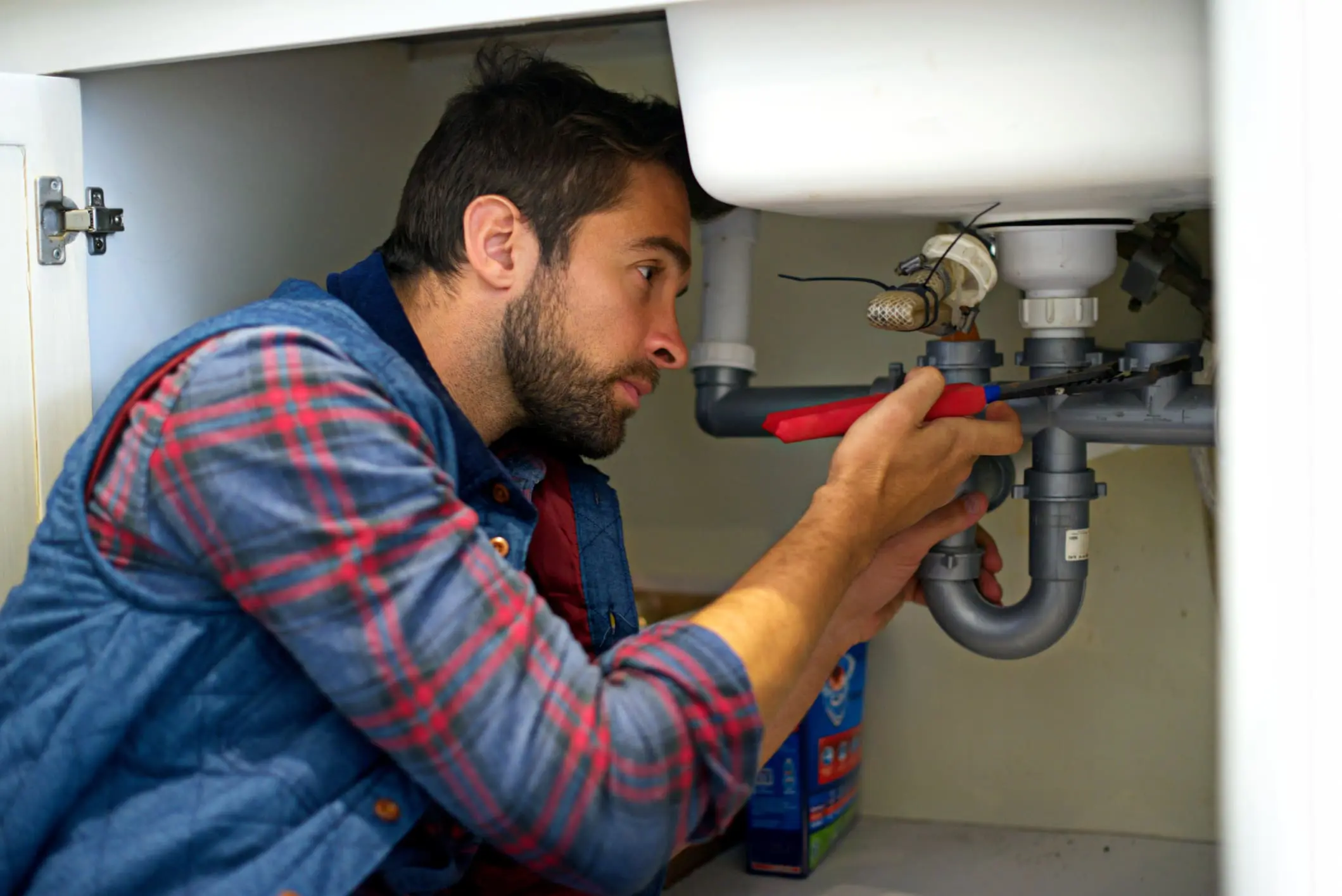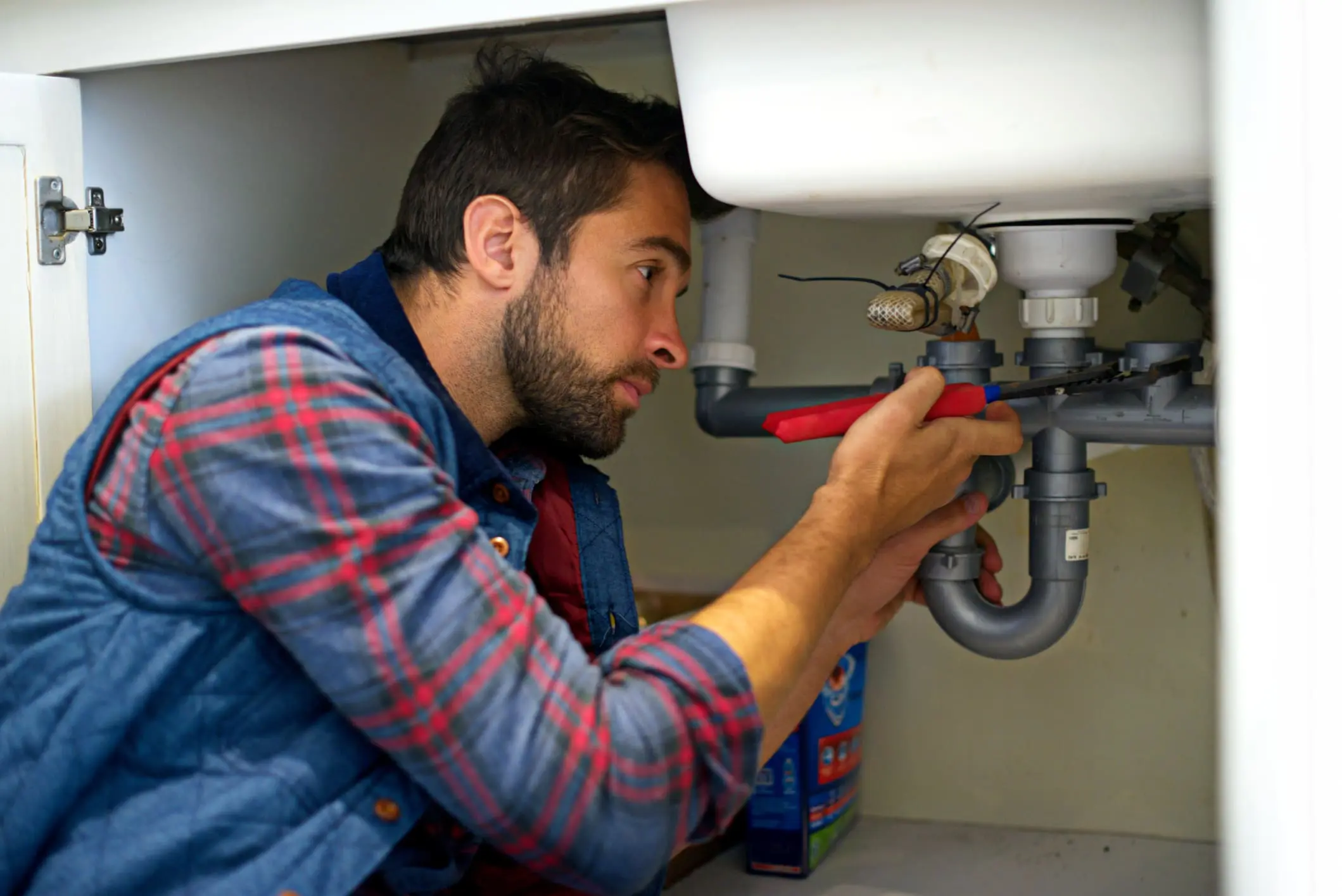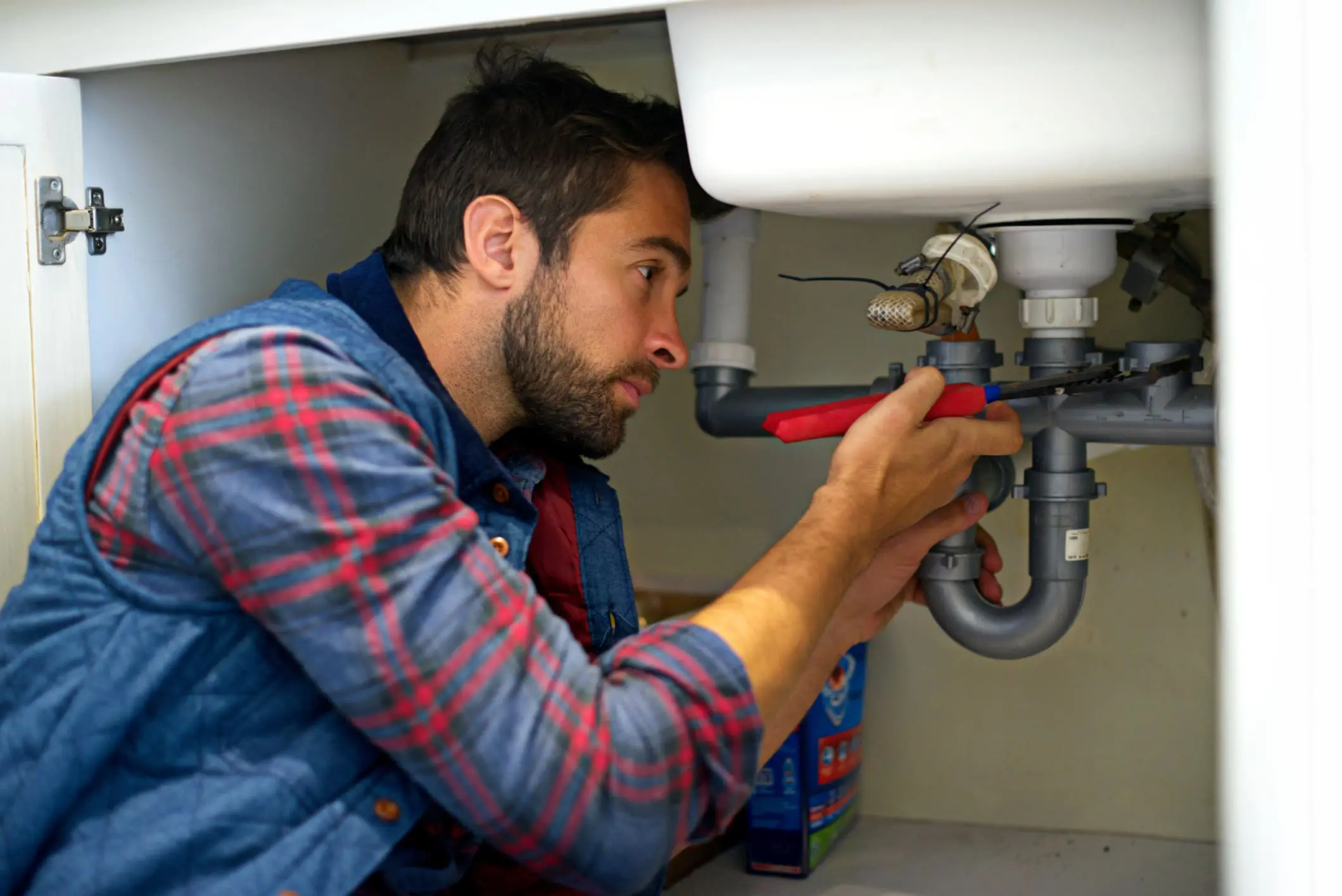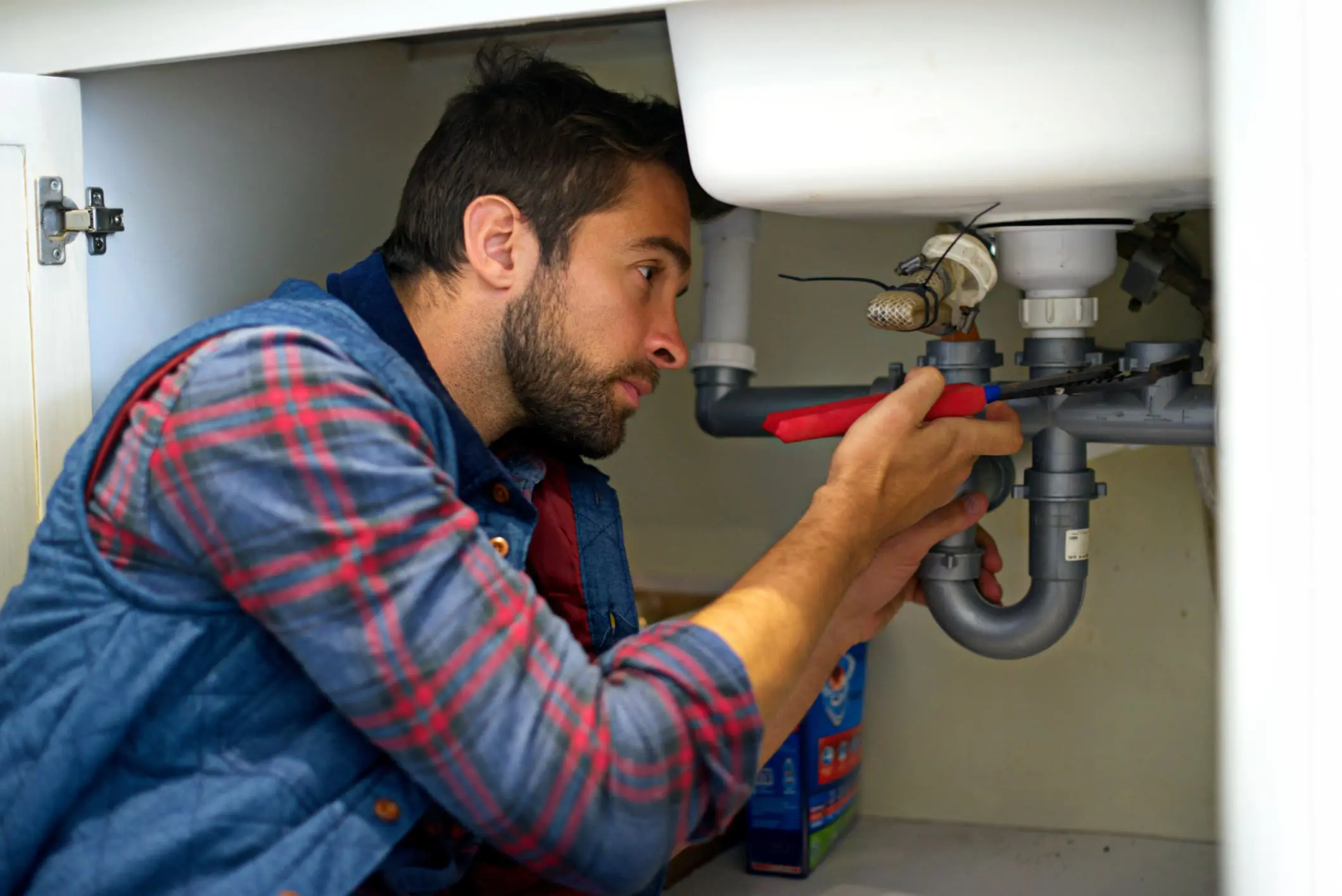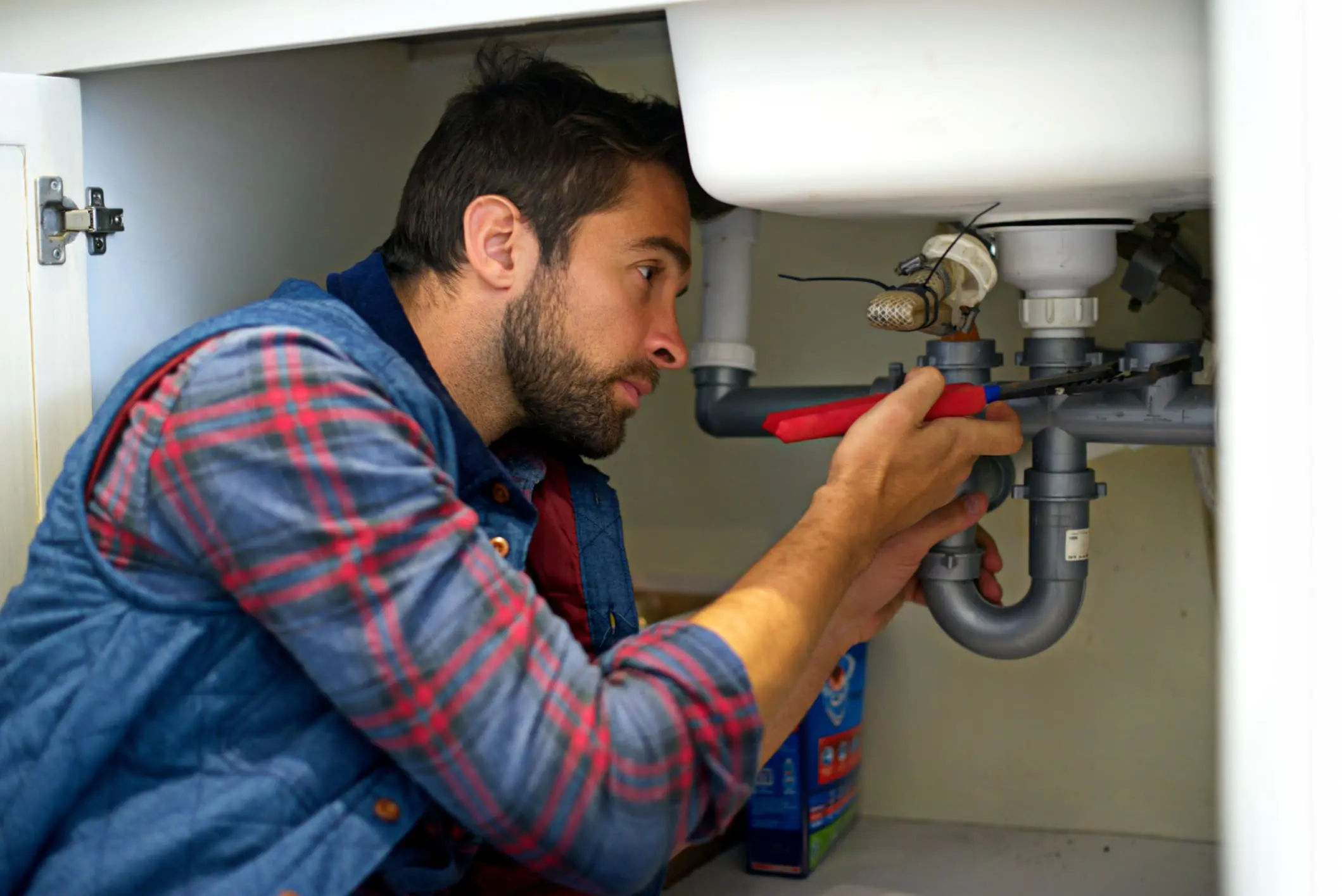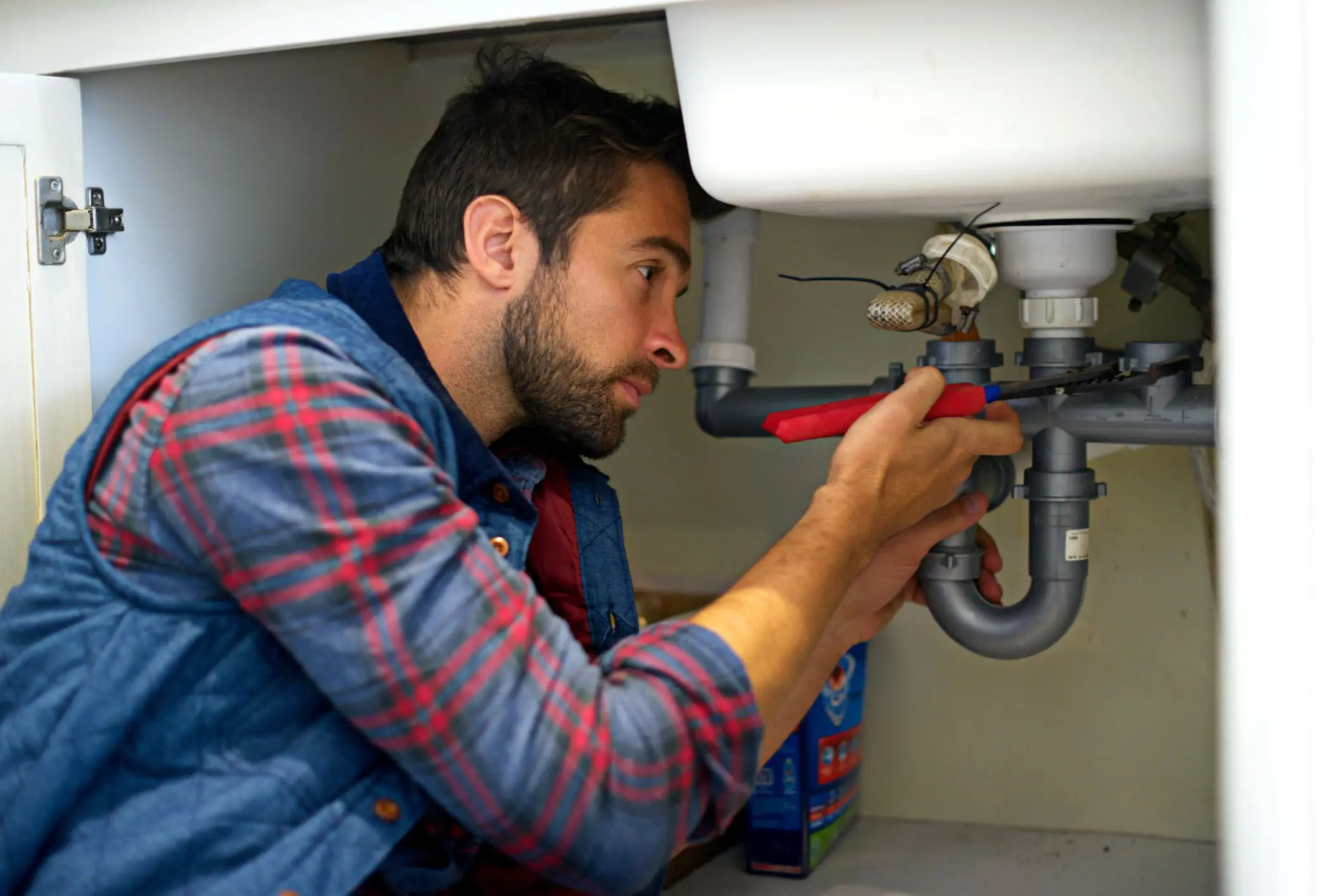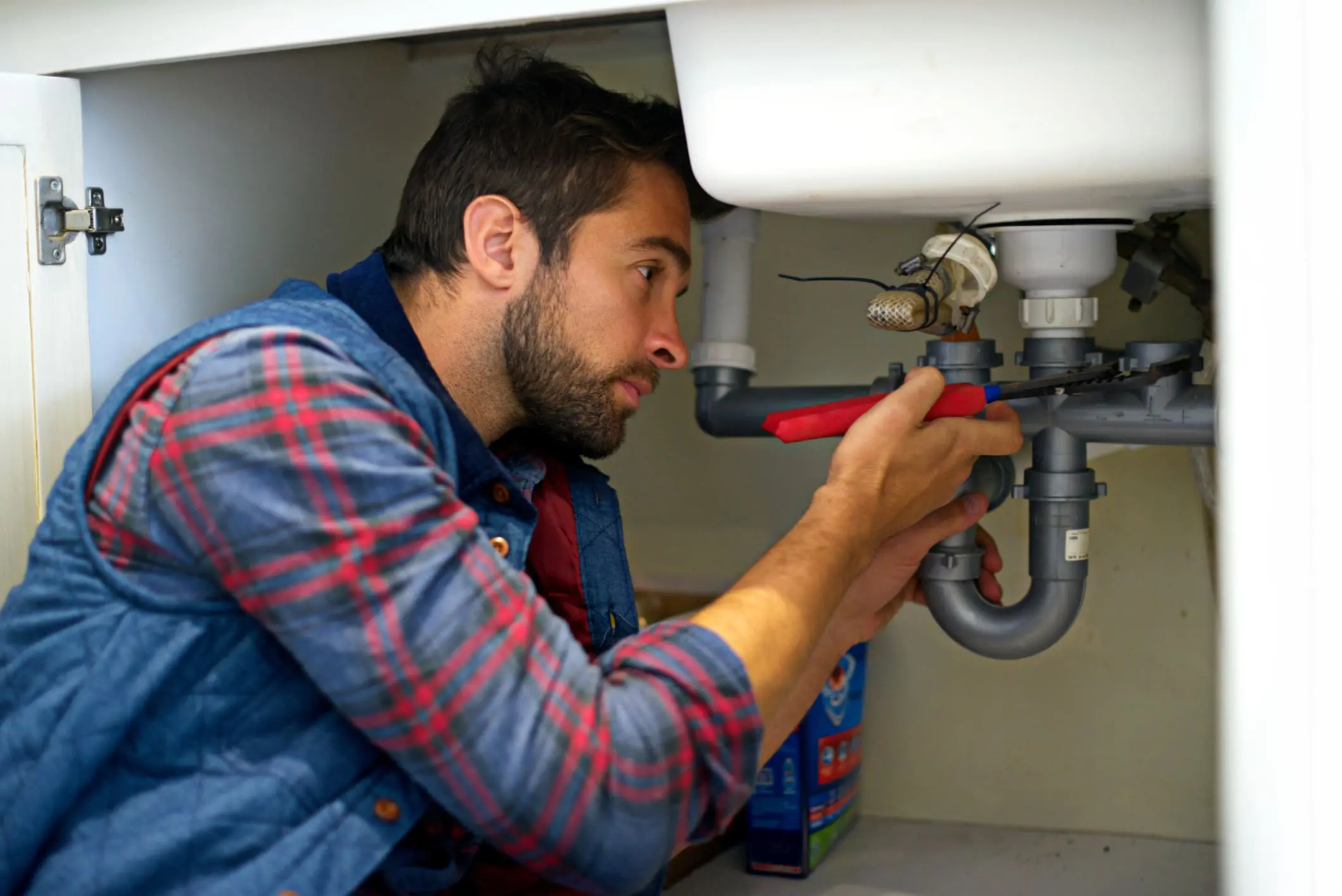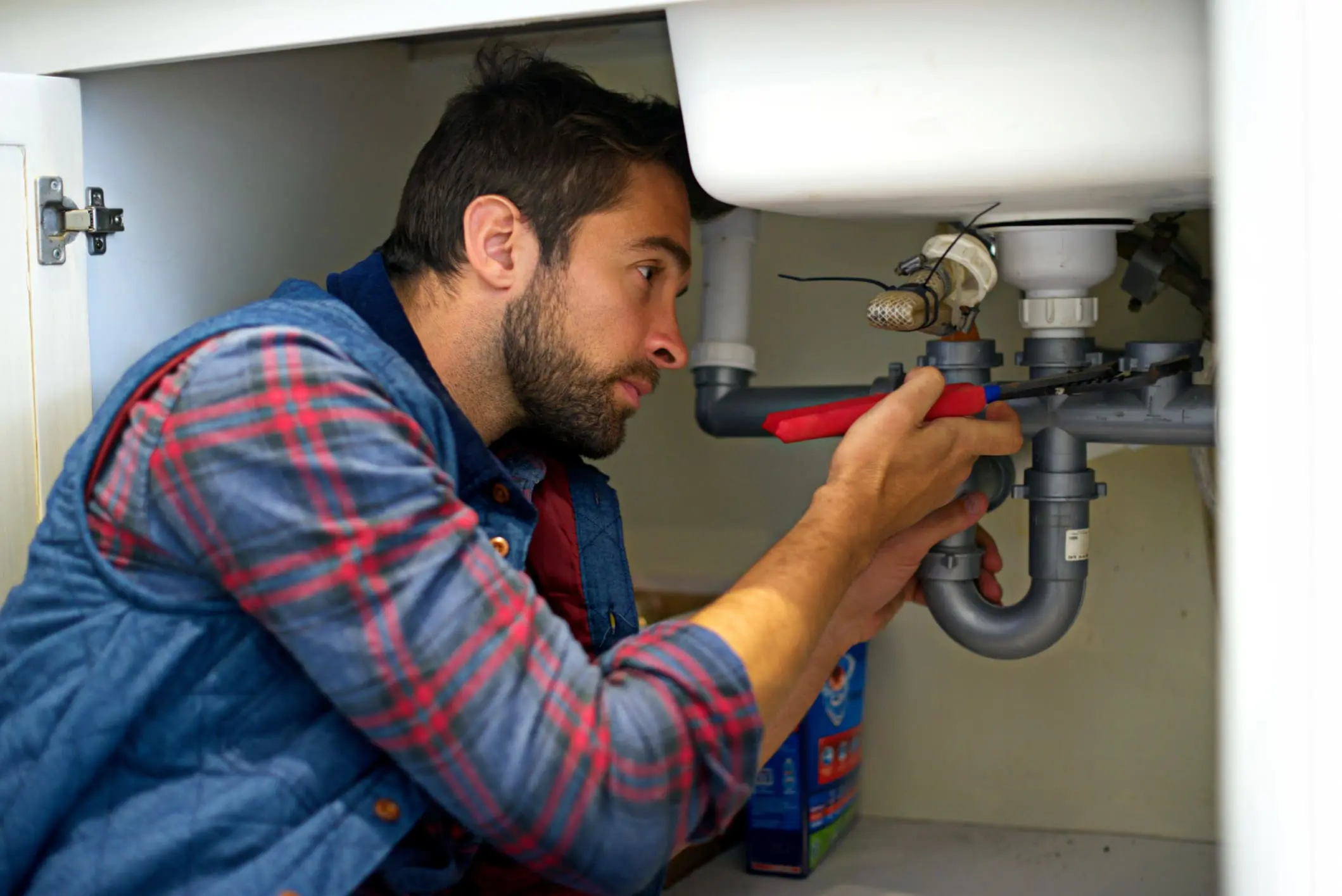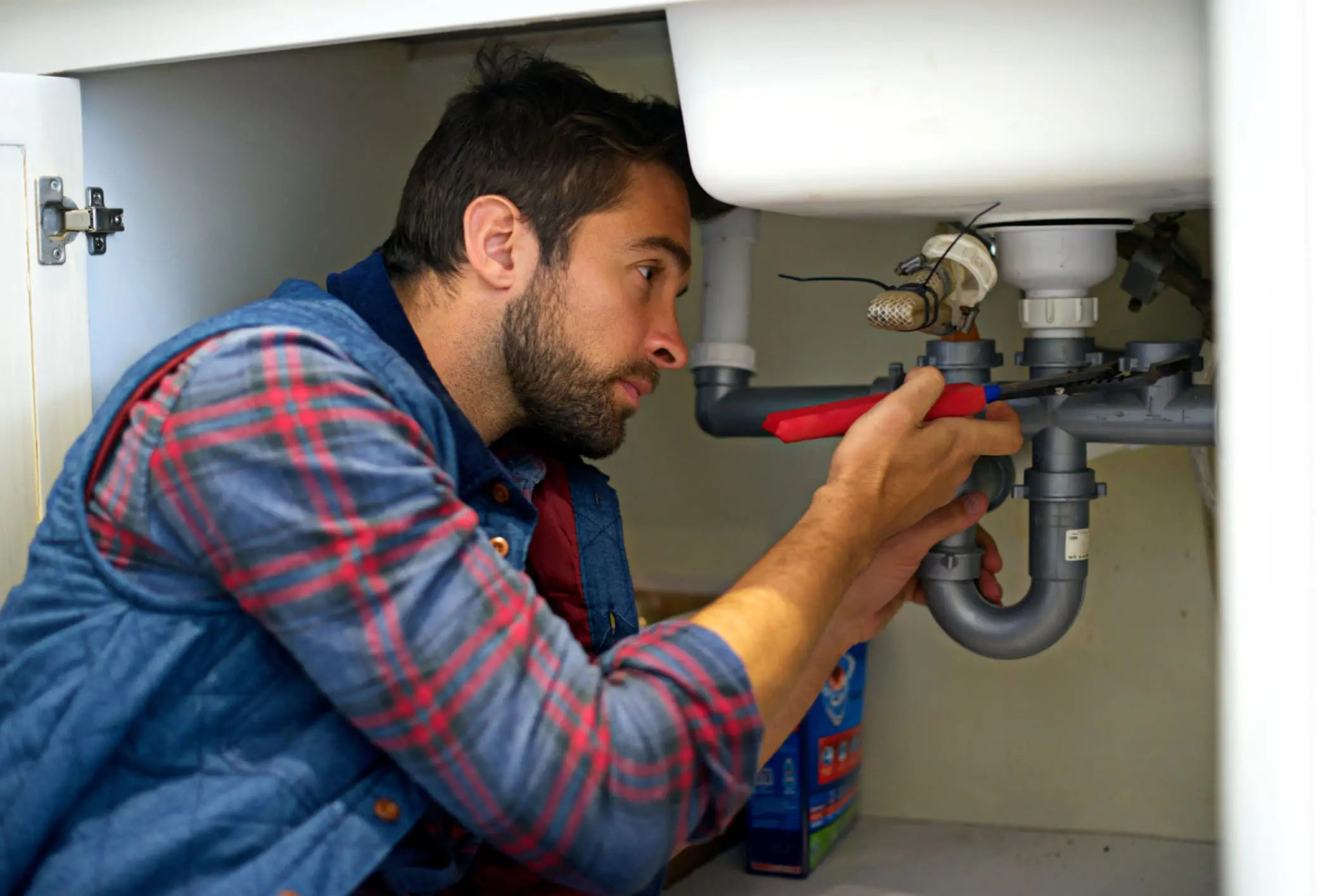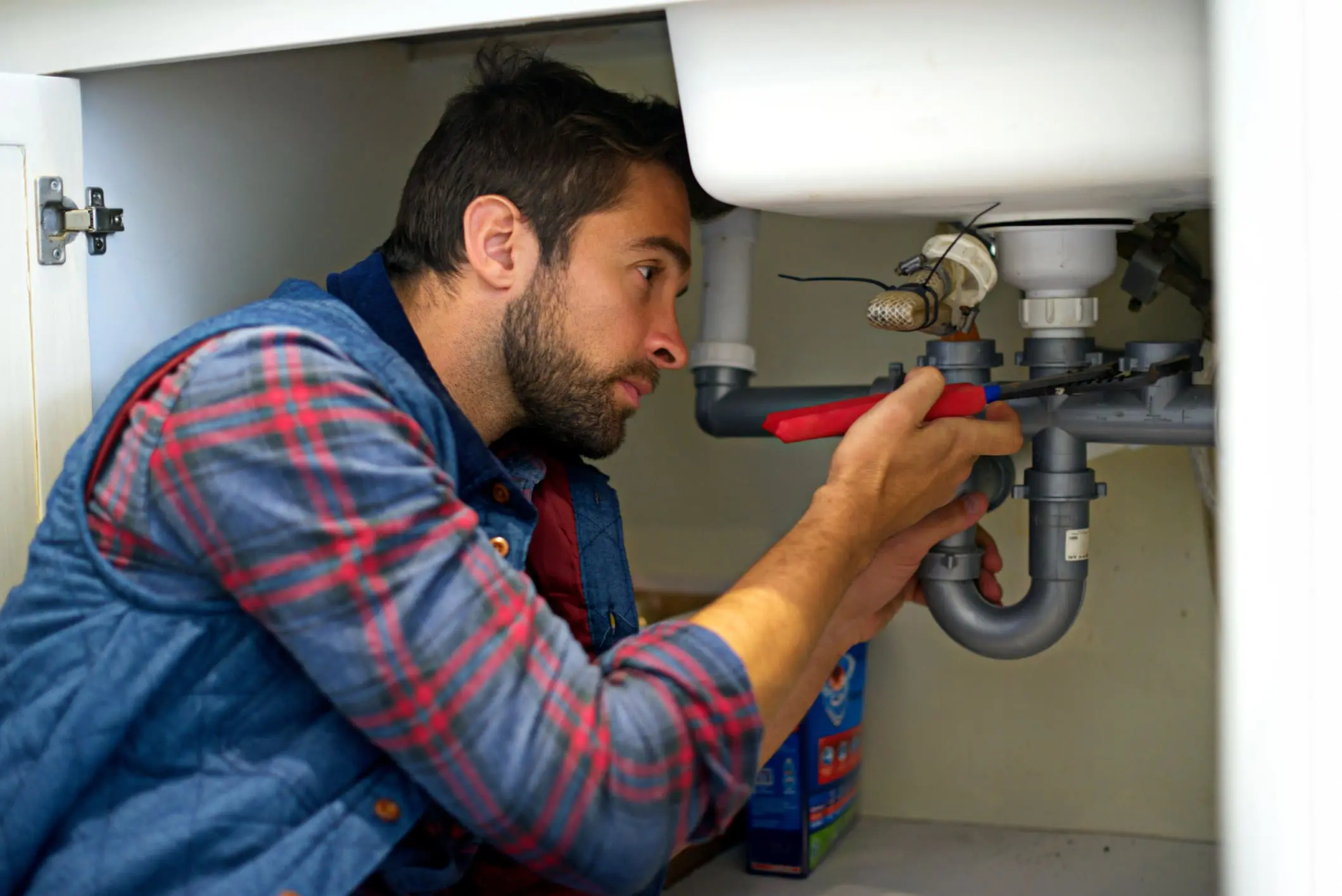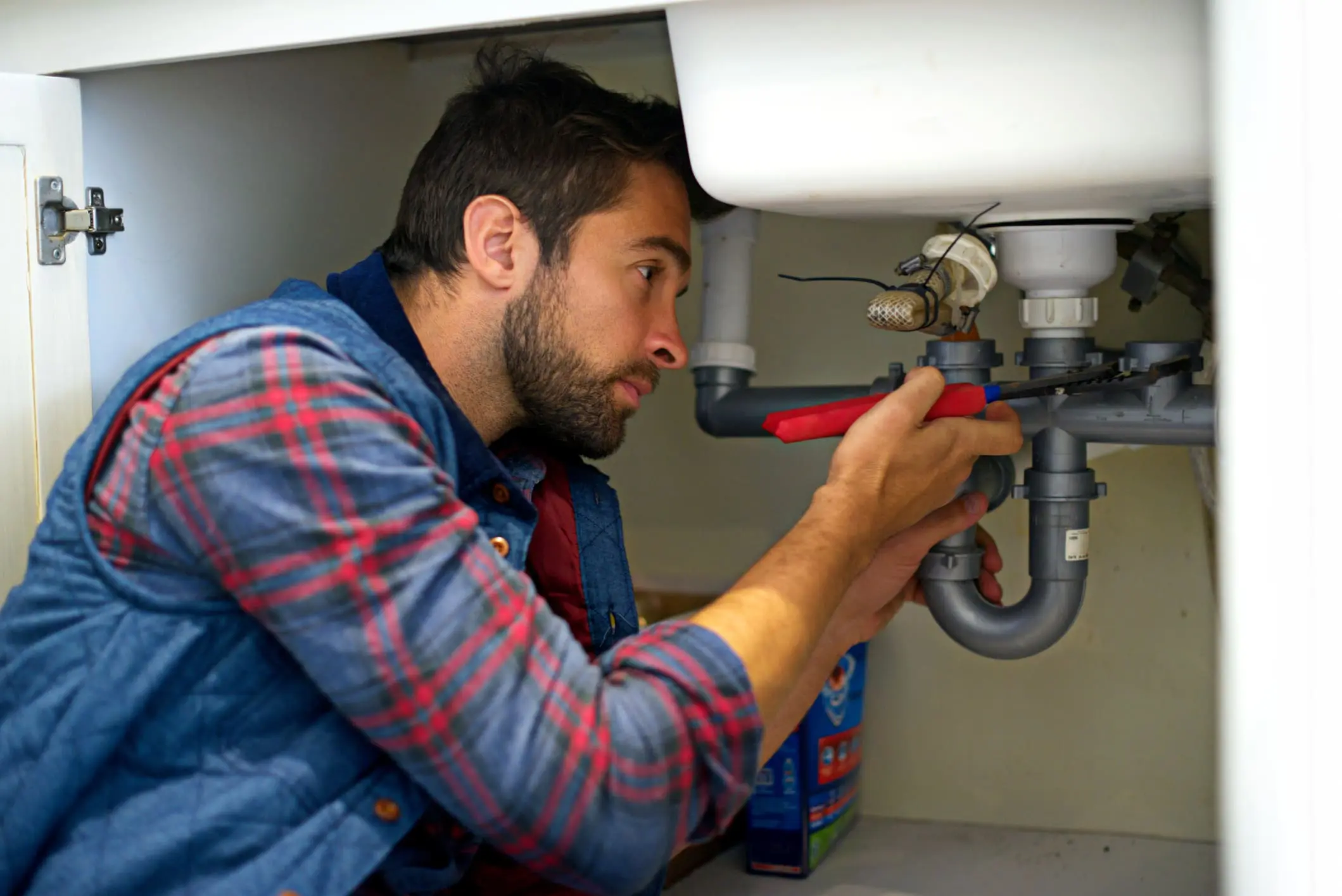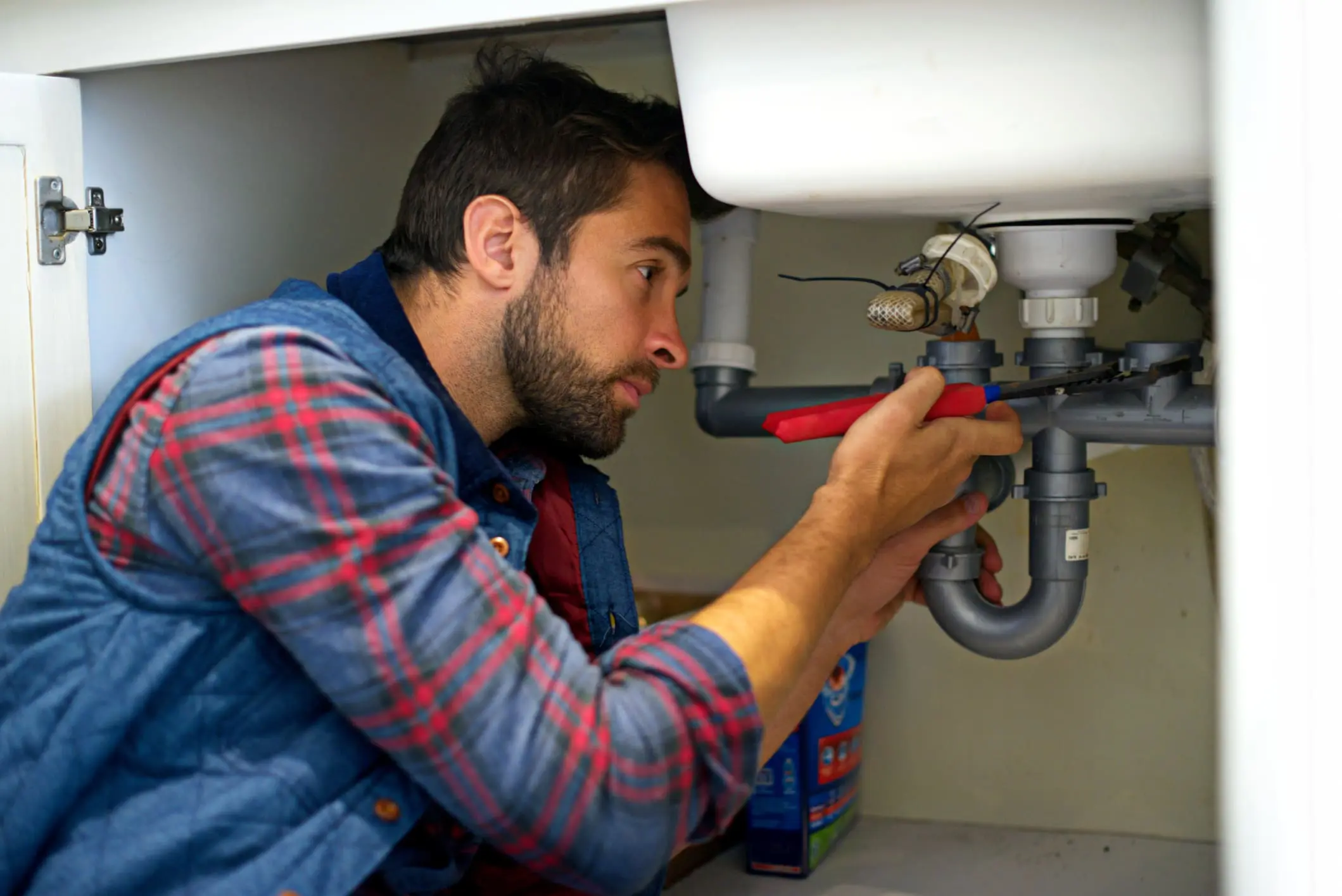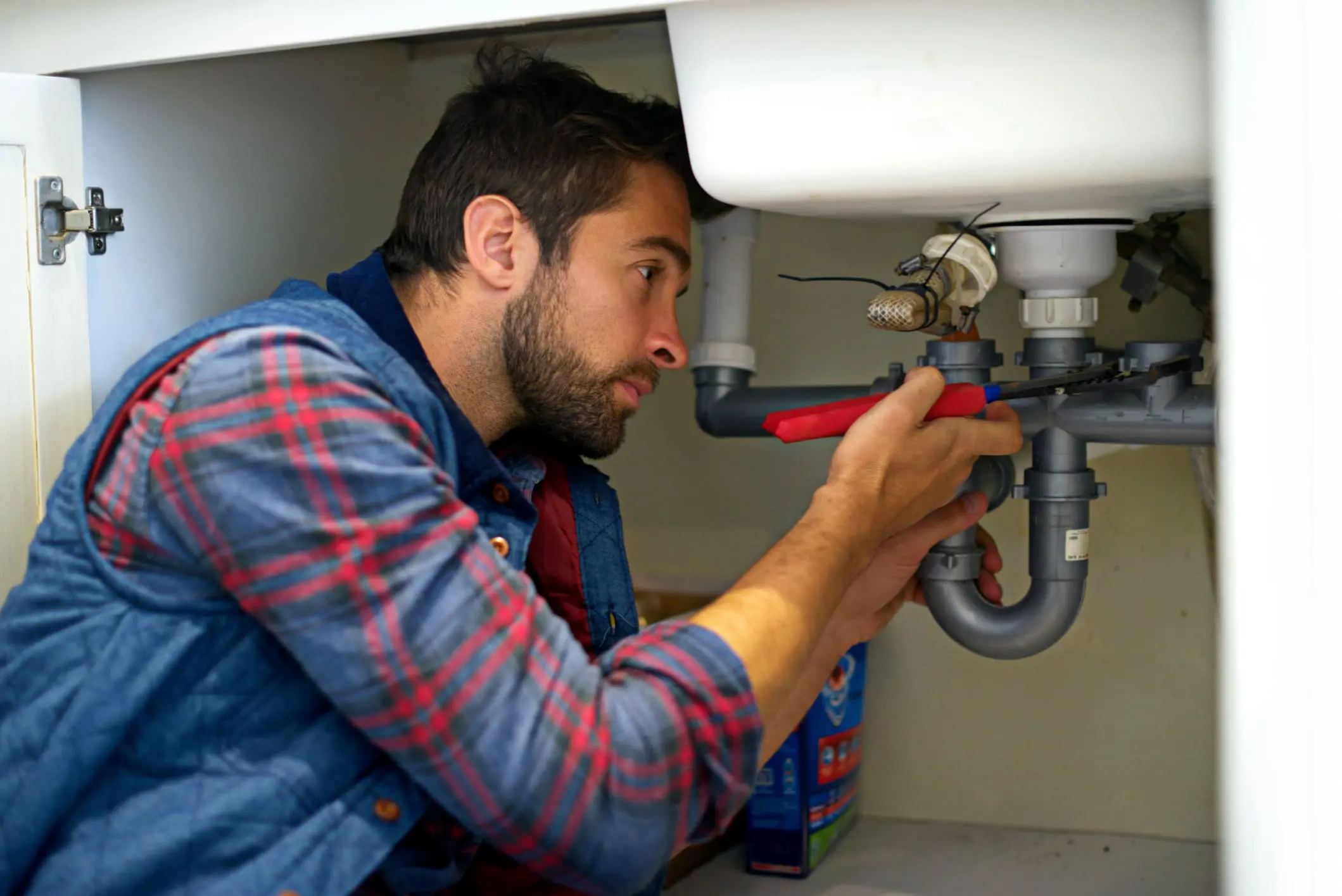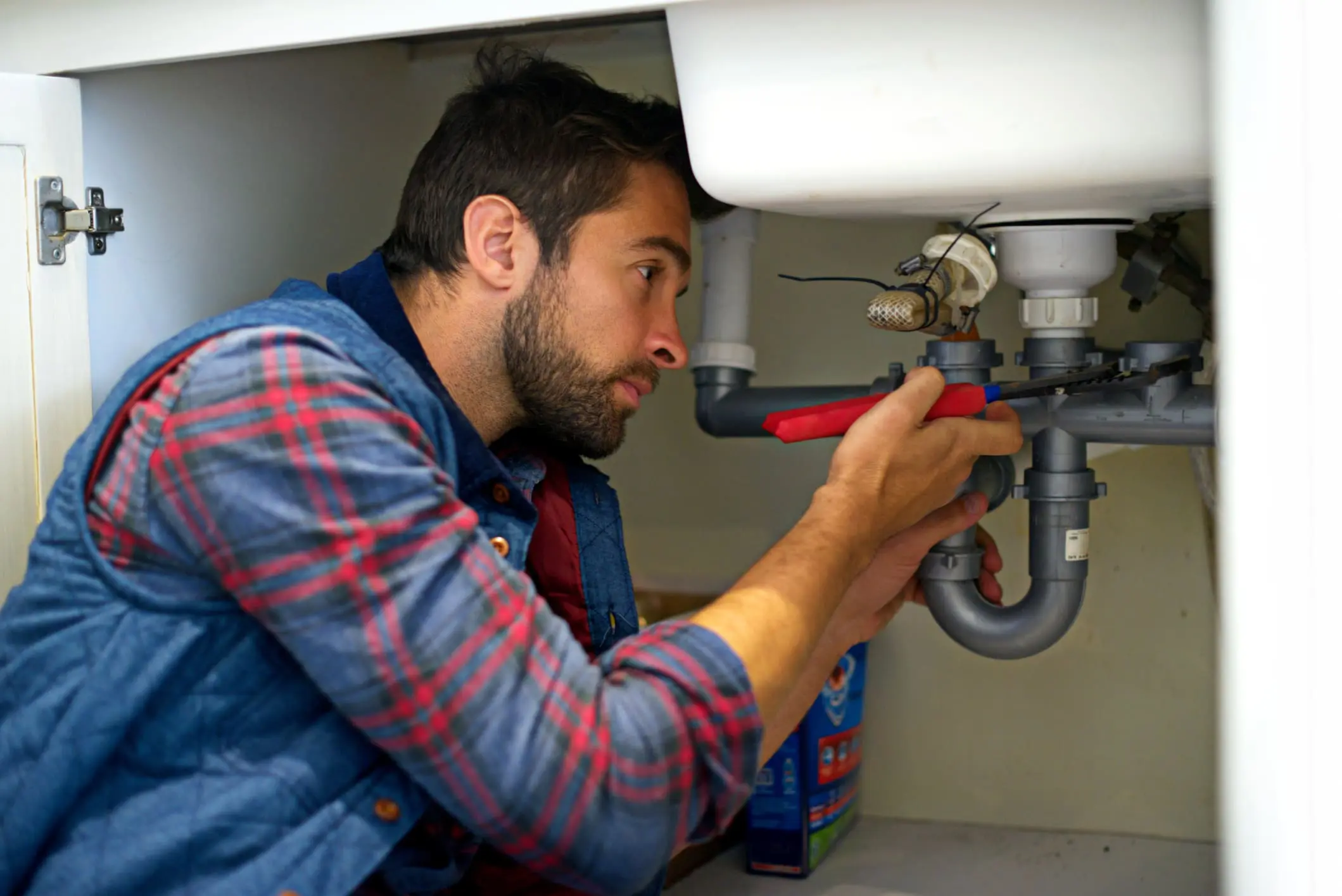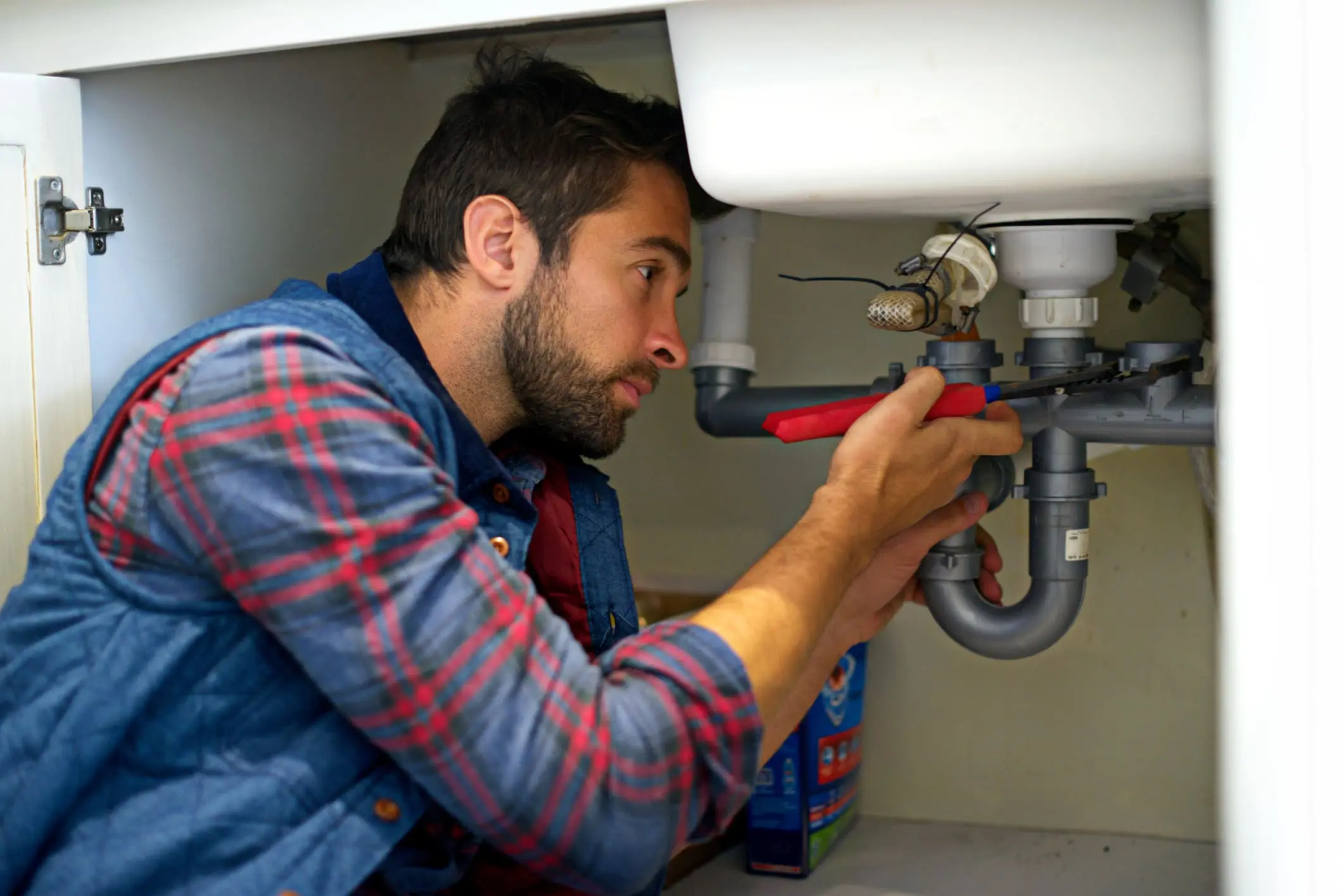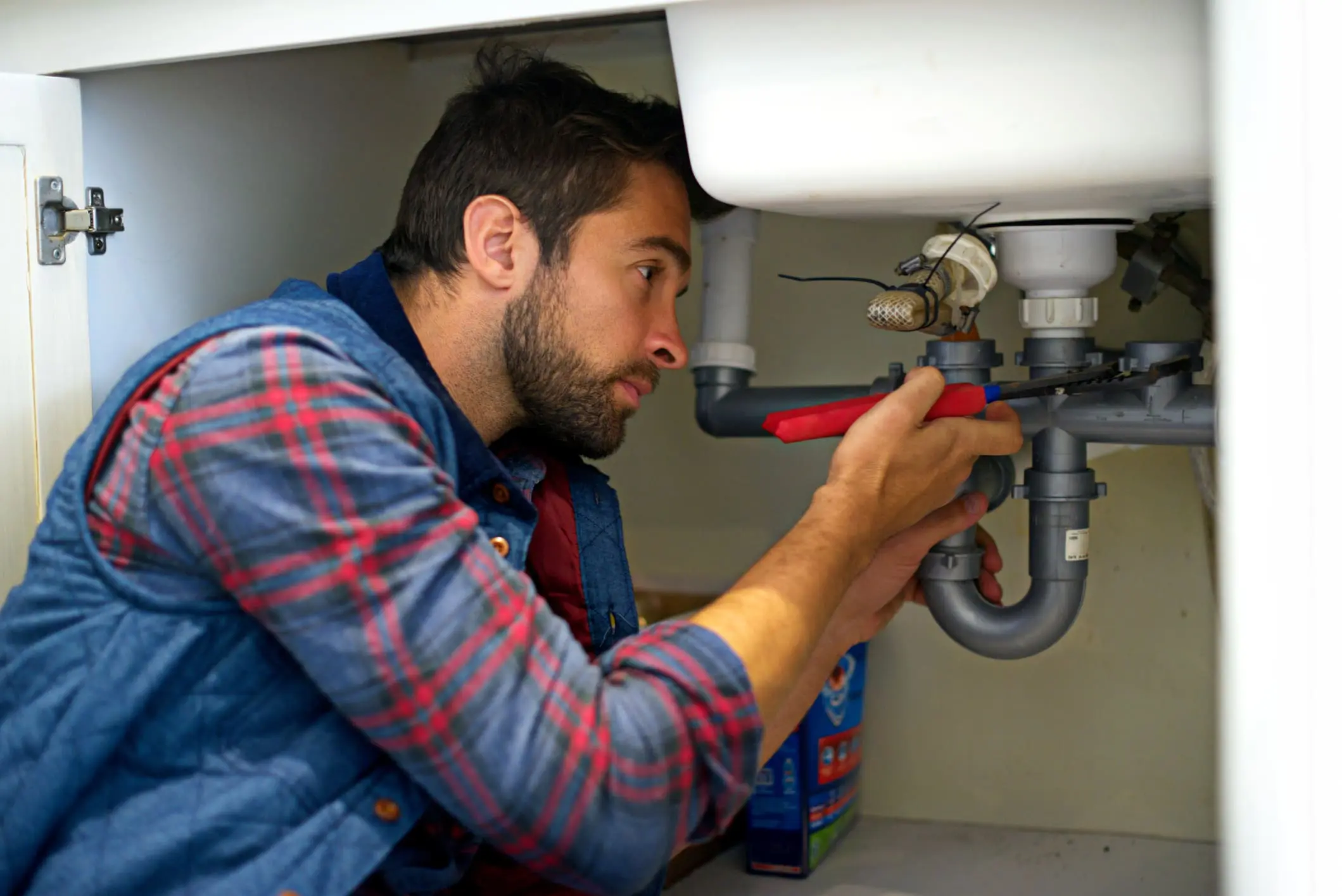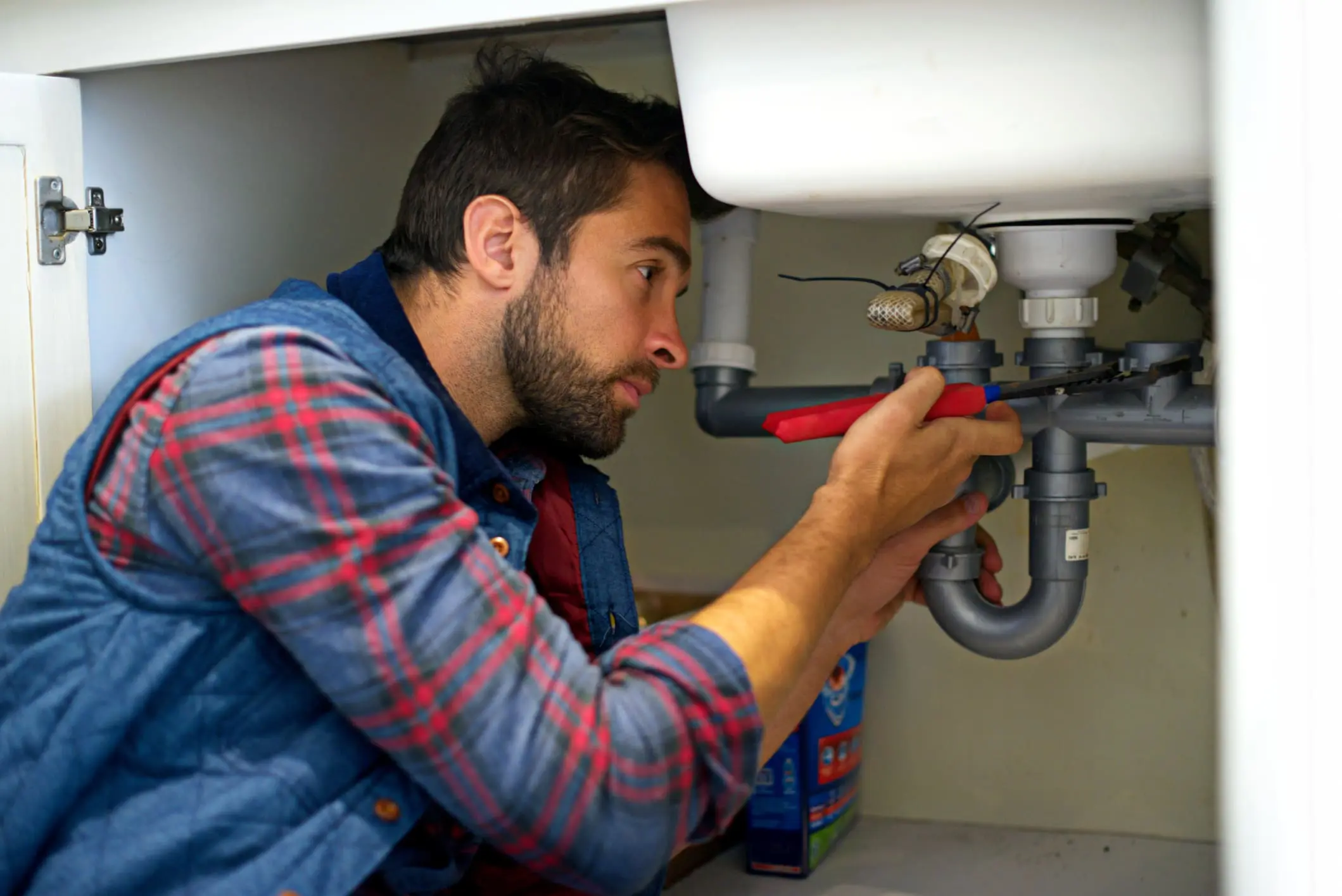The renewable energy sector is experiencing unprecedented growth across the UK, with government incentives driving demand for heat pumps, solar thermal systems, and other eco-friendly heating solutions. As a renewable energy plumber, you're at the forefront of this green revolution, but your specialized work comes with unique risks that traditional plumbing insurance may not adequately cover.
Understanding Renewable Energy Plumbing
Renewable energy plumbers specialize in installing, maintaining, and repairing sustainable heating and hot water systems. This includes:
- Air source and ground source heat pumps
- Solar thermal systems
- Biomass boilers
- Hybrid heating systems
- Underfloor heating systems
- Heat recovery ventilation systems
- Renewable energy integration with existing plumbing systems
Unlike traditional plumbing work, renewable energy installations often involve complex electrical components, sophisticated control systems, and integration with smart home technology. This complexity creates additional liability exposures that require specialized insurance coverage.
Key Insurance Risks for Renewable Energy Plumbers
Professional Indemnity Risks
System Design Errors: Miscalculating heat pump sizing or solar thermal capacity can lead to underperforming systems, resulting in significant financial claims from disappointed customers.
Installation Defects: Improper installation of heat pumps or solar collectors can cause system failures, property damage, or voided manufacturer warranties.
Compliance Issues: Failure to meet MCS (Microgeneration Certification Scheme) standards or Building Regulations can result in customers losing government incentives, leading to substantial compensation claims.
Performance Guarantees: Many renewable energy plumbers provide performance guarantees that, if not met, can result in costly remedial work or compensation payments.
Public Liability Exposures
Property Damage: Heat pump installations often require external units and extensive pipework that could damage customer property during installation.
Third Party Injury: Working with refrigerants, electrical systems, and heavy equipment creates risks of injury to customers or members of the public.
Environmental Damage: Refrigerant leaks from heat pumps can cause environmental damage, potentially resulting in cleanup costs and regulatory fines.
Access Damage: Installing ground source heat pumps requires excavation work that could damage neighboring properties or utilities.
Employers Liability Considerations
Specialized Training Requirements: Working with renewable energy systems requires specific qualifications and ongoing training, creating potential liability if staff aren't properly certified.
Chemical Exposure: Handling refrigerants and other chemicals used in renewable energy systems creates health risks for employees.
Equipment-Related Injuries: Specialized tools and heavy equipment used in renewable energy installations can cause workplace injuries.
Essential Insurance Coverage Types
Professional Indemnity Insurance
This is arguably the most critical coverage for renewable energy plumbers. Your policy should include:
Design and Specification Cover: Protection against claims arising from system design errors or incorrect specifications.
Installation Defects Coverage: Coverage for claims resulting from faulty workmanship or installation errors.
Compliance Protection: Coverage for claims arising from non-compliance with MCS standards, Building Regulations, or other relevant standards.
Retrospective Cover: Protection for work completed before your current policy period, essential when switching insurers.
Run-off Cover: Continued protection after you stop trading, as claims can emerge years after installation.
Public Liability Insurance
Your public liability policy should provide comprehensive coverage including:
Property Damage: Coverage for damage to customer property during installation or maintenance work.
Third Party Injury: Protection against injury claims from customers, visitors, or members of the public.
Environmental Liability: Specific coverage for environmental damage, particularly important when working with refrigerants.
Products Liability: Coverage for defects in components or materials you supply as part of installations.
Employers Liability Insurance
If you employ staff, employers liability insurance is legally required and should include:
Injury Claims: Coverage for workplace injuries, including those specific to renewable energy work.
Occupational Disease: Protection against claims for work-related illnesses, including those from chemical exposure.
Training Liability: Coverage for claims arising from inadequate training or supervision.
Tools and Equipment Insurance
Renewable energy plumbers often carry expensive specialized equipment that requires specific coverage:
Specialized Tools: Coverage for diagnostic equipment, refrigerant recovery units, and other specialized tools.
Theft Protection: Comprehensive theft coverage, including theft from vehicles and customer premises.
Breakdown Cover: Protection against equipment failure that could disrupt your business operations.
Temporary Replacement: Coverage for hire costs while equipment is being repaired or replaced.
Commercial Vehicle Insurance
Your vehicle insurance should account for the specific needs of renewable energy work:
Tool Coverage: Ensure your tools and equipment are covered while in transit.
Business Use: Coverage for all business activities, including site visits and emergency callouts.
Goods in Transit: Protection for renewable energy components and materials being transported to job sites.
Factors Affecting Insurance Premiums
Qualifications and Certifications
MCS Certification: Being MCS certified demonstrates competence and can reduce premium costs.
Manufacturer Training: Completion of manufacturer-specific training programs shows expertise and commitment to quality.
Ongoing Education: Regular attendance at training courses and industry events demonstrates professional development.
Experience and Track Record
Years in Business: Established businesses with proven track records typically receive better premium rates.
Claims History: A clean claims record demonstrates good risk management and results in lower premiums.
Project Complexity: The types of installations you undertake affect risk levels and premium calculations.
Risk Management Practices
Quality Procedures: Documented quality control procedures and checklists can reduce premium costs.
Health and Safety: Strong health and safety policies and training programs demonstrate good risk management.
Customer Contracts: Well-drafted contracts that clearly define scope of work and limitations can reduce liability exposure.
Industry-Specific Considerations
Regulatory Compliance
The renewable energy sector is heavily regulated, with specific requirements including:
MCS Standards: All installations must meet Microgeneration Certification Scheme standards to qualify for government incentives.
Building Regulations: Renewable energy installations must comply with relevant Building Regulations, particularly Part L (Conservation of fuel and power).
F-Gas Regulations: Work involving refrigerants requires compliance with F-Gas regulations and appropriate certification.
Electrical Regulations: Integration with electrical systems requires compliance with BS 7671 wiring regulations.
Technology Evolution
The rapid pace of technological change in renewable energy creates unique challenges:
Obsolescence Risk: Systems installed today may become obsolete quickly, potentially affecting long-term liability.
Software Updates: Many modern systems rely on software that requires regular updates, creating ongoing service obligations.
Integration Challenges: Connecting renewable energy systems with existing heating and electrical systems can create unexpected complications.
Government Incentives
Government support for renewable energy affects your business and insurance needs:
RHI Compliance: Renewable Heat Incentive payments depend on proper installation and ongoing compliance.
Green Homes Grant: Government grants for renewable energy installations come with specific requirements and potential clawback provisions.
Future Policy Changes: Changes in government policy can affect demand and create new compliance requirements.
Choosing the Right Insurance Provider
Specialist Knowledge
Look for insurers who understand the renewable energy sector:
Industry Experience: Choose insurers with experience covering renewable energy businesses.
Technical Understanding: Your insurer should understand the technical aspects of your work and associated risks.
Claims Expertise: Ensure your insurer has experience handling claims specific to renewable energy work.
Policy Features
Key features to look for in your insurance policy:
Adequate Limits: Ensure coverage limits are sufficient for the scale of projects you undertake.
Broad Coverage: Look for policies that cover all aspects of your business operations.
Legal Expenses: Include legal expenses coverage to help with contract disputes and regulatory issues.
Business Interruption: Consider coverage for loss of income due to equipment failure or other business interruptions.
Cost Considerations
While cost is important, don't compromise on coverage quality:
Value for Money: Focus on the overall value of coverage rather than just the premium cost.
Excess Levels: Consider how excess levels affect your overall risk exposure.
Payment Options: Look for flexible payment options that suit your cash flow needs.
Risk Management Best Practices
Documentation and Record Keeping
Installation Records: Maintain detailed records of all installations, including photographs and test results.
Compliance Documentation: Keep comprehensive records of compliance with all relevant standards and regulations.
Customer Communications: Document all customer communications, including advice given and agreements reached.
Maintenance Schedules: Maintain records of all maintenance work and service schedules.
Quality Control
Installation Checklists: Use comprehensive checklists to ensure all installations meet required standards.
Testing Procedures: Implement thorough testing procedures for all installations.
Customer Handover: Provide comprehensive handover documentation and training to customers.
Follow-up Services: Implement follow-up procedures to identify and address any issues early.
Continuing Professional Development
Regular Training: Attend regular training courses to stay current with technology and regulations.
Industry Involvement: Participate in industry associations and professional bodies.
Certification Maintenance: Keep all certifications and qualifications up to date.
Technical Updates: Stay informed about technological developments and regulatory changes.
The Future of Renewable Energy Plumbing Insurance
The renewable energy sector continues to evolve rapidly, and insurance products are adapting to meet changing needs:
Technology-Specific Policies: Insurers are developing policies tailored to specific technologies like heat pumps or solar thermal systems.
Performance Insurance: New products that cover system performance guarantees are becoming available.
Cyber Coverage: As systems become more connected, cyber insurance is becoming increasingly important.
Environmental Benefits: Some insurers offer premium discounts for businesses contributing to environmental sustainability.
Conclusion
As a renewable energy plumber, you're helping to build a more sustainable future, but your specialized work requires equally specialized insurance protection. The complexity of renewable energy systems, evolving regulations, and unique risk exposures mean that standard plumbing insurance simply isn't adequate.
Investing in comprehensive, specialist insurance coverage protects your business, your customers, and your reputation. It provides the confidence to take on challenging projects and grow your business in this exciting and rapidly expanding sector.
The key is working with insurers who understand your industry and can provide the specialized coverage you need. Don't compromise on protection – the cost of adequate insurance is minimal compared to the potential cost of an uninsured claim.
By combining comprehensive insurance coverage with strong risk management practices, you can focus on what you do best: delivering high-quality renewable energy solutions that help customers reduce their carbon footprint and energy costs.


 0330 127 2333
0330 127 2333
